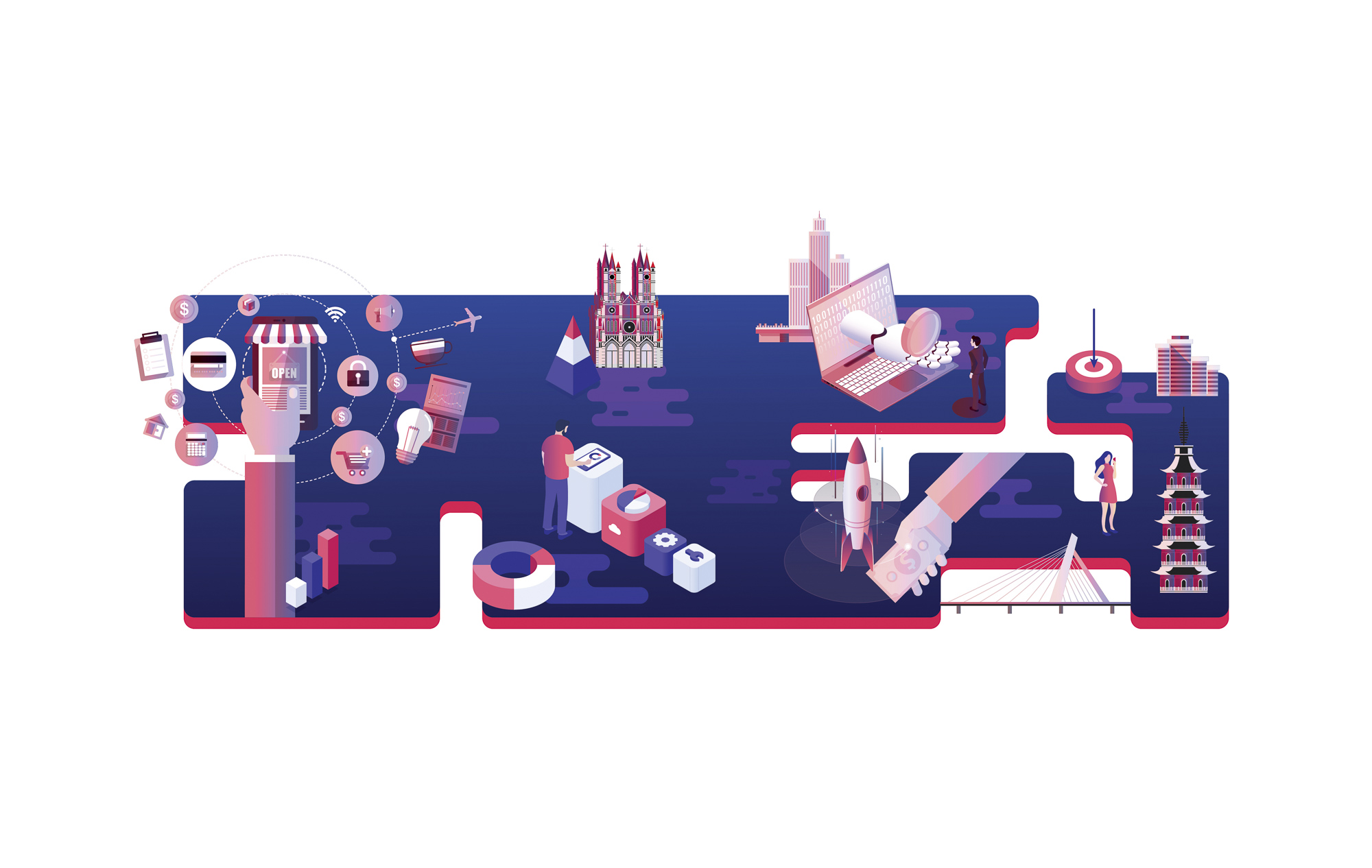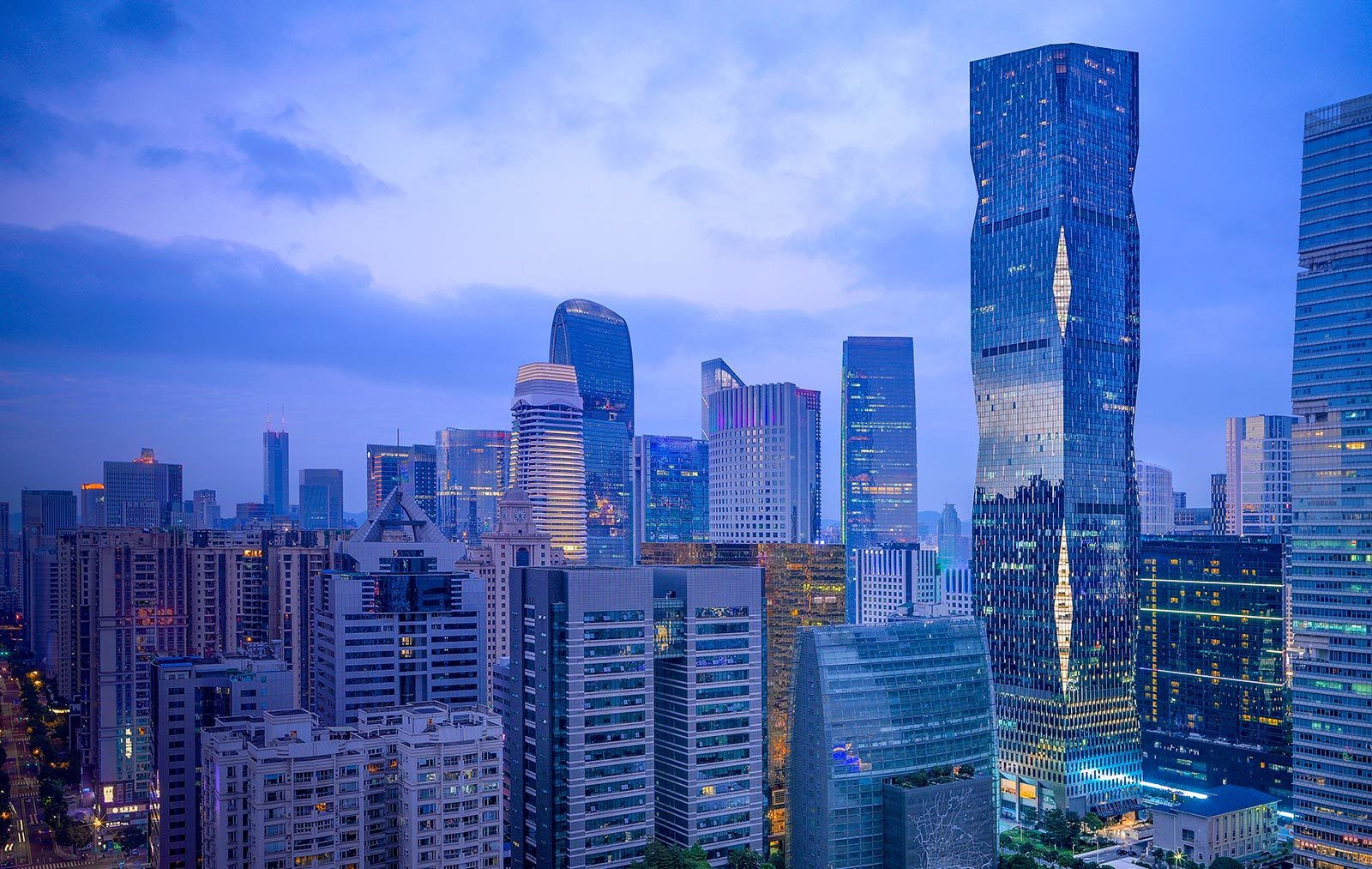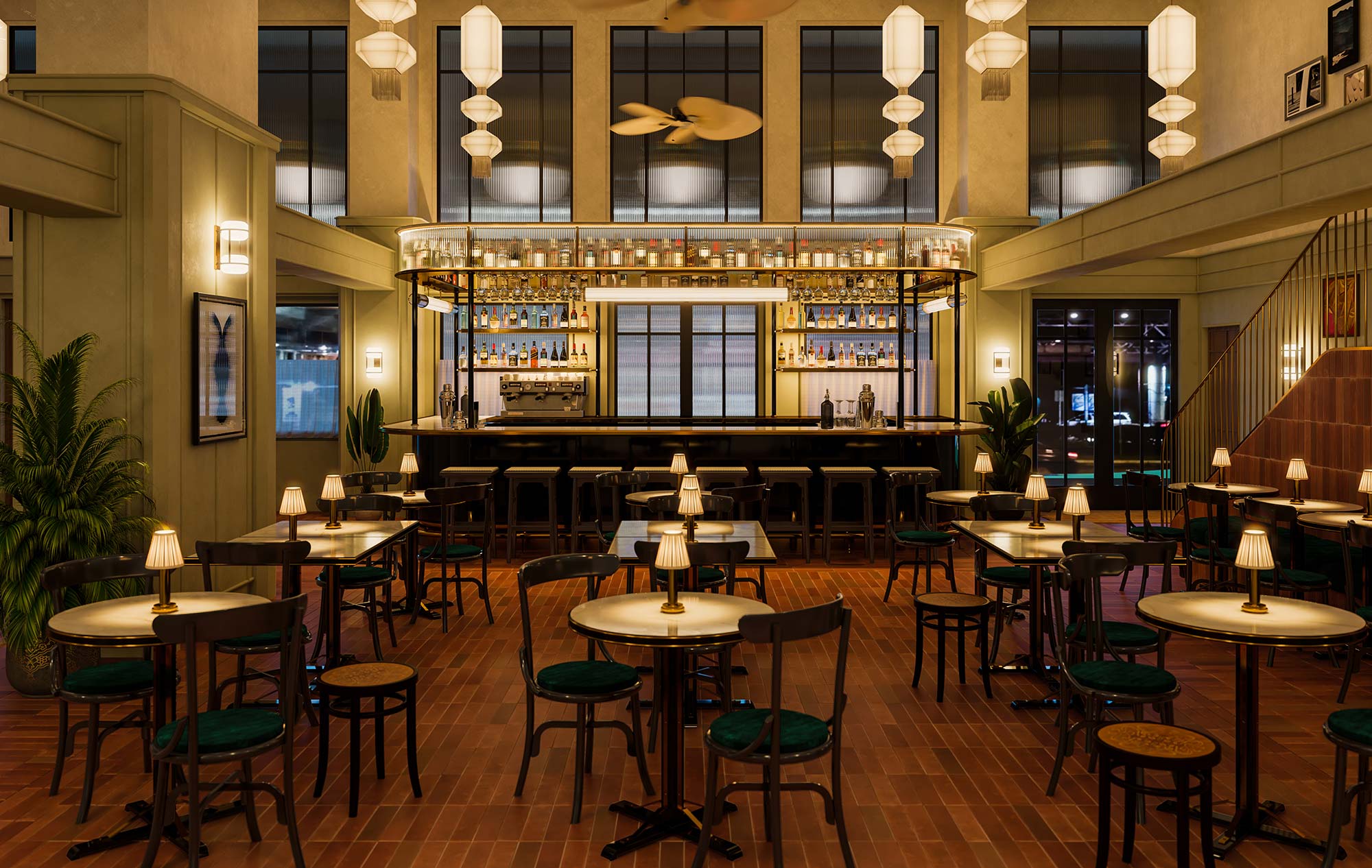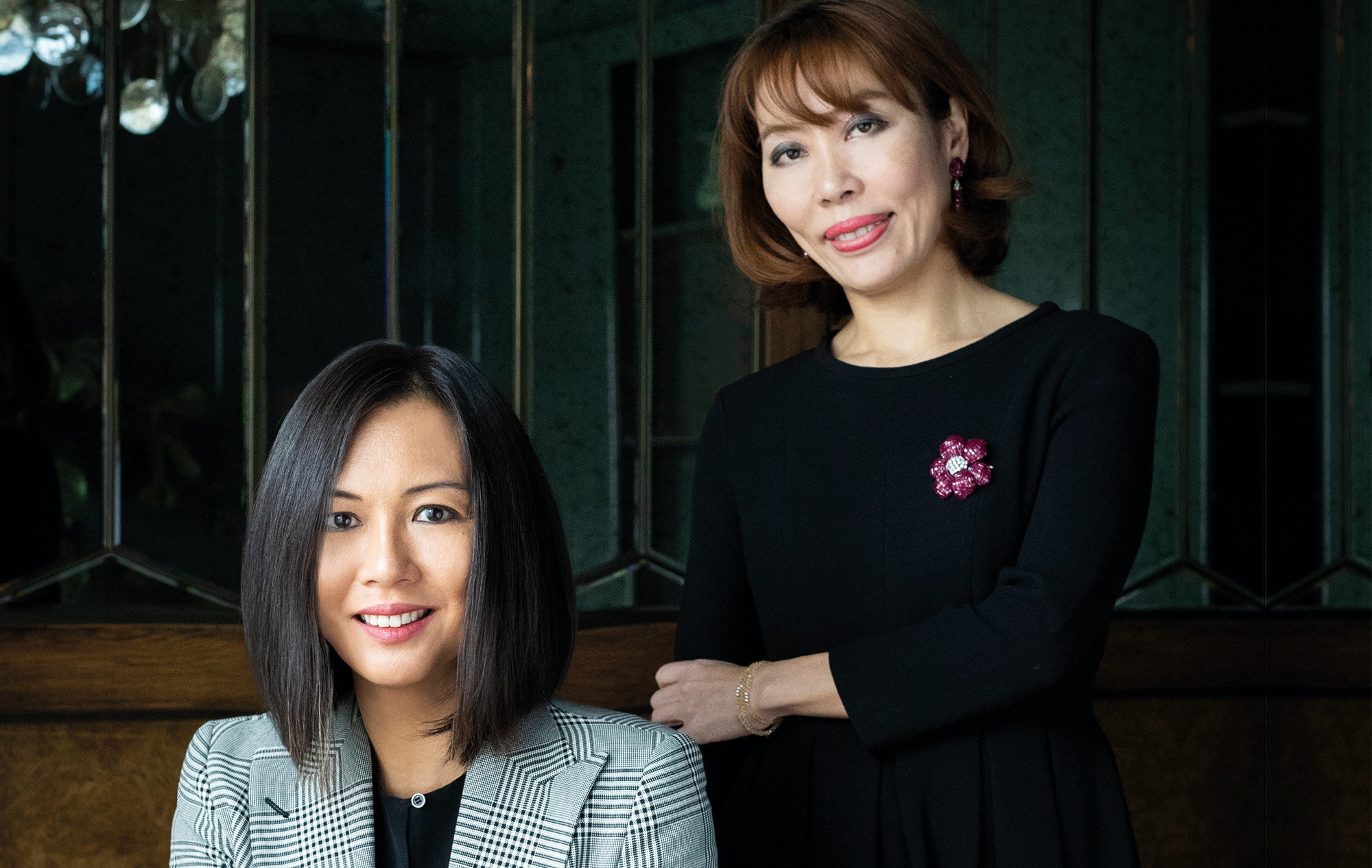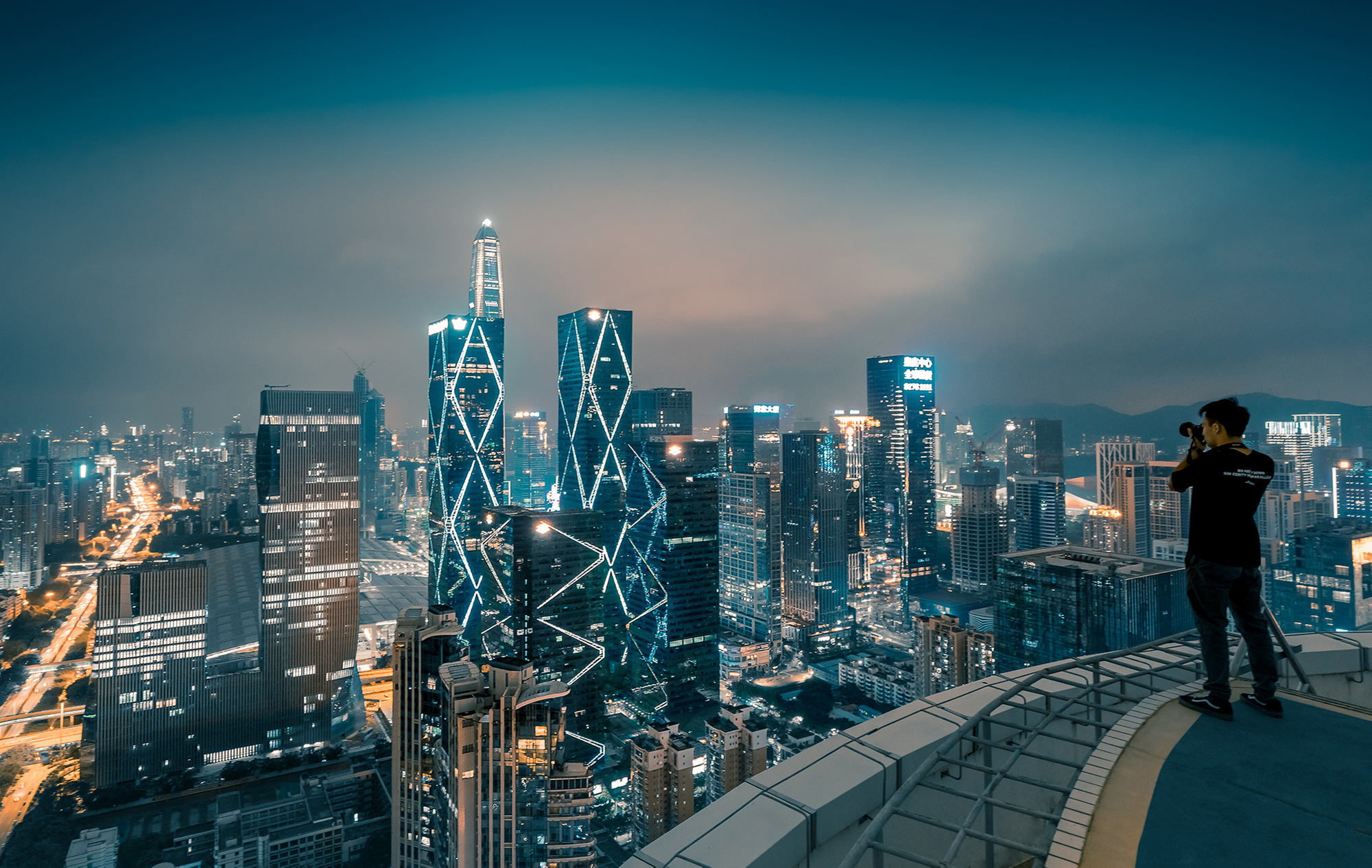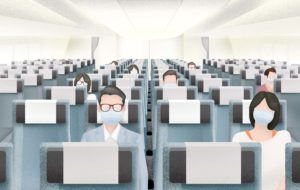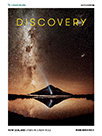In most countries, a city as mighty as Ningbo would rule supreme. But this is China, so the economic powerhouse of the southern Yangtze River Delta has gotten used to living in the shadow of its neighbour across Hangzhou Bay: Shanghai.
It wasn’t always like this. Back when Shanghai was a few fishing huts on the Huangpu River, Ningbo was one of China’s great trading centres. Its export industry dates back to the seventh century. During the Song dynasty (960-1279), Arab traders and merchants roamed the port area of this multicultural coastal city, followed by the Portuguese in the 16th century.
Ningbo’s much coveted deep-water port is today one of the busiest in the world. (Top spot goes to – you guessed it – Shanghai.) Manufacturing of export goods nudged Ningbo’s GDP past RMB 500 billion in the first half of 2018 – that’s about the same as a country like Nepal or Slovenia. Domestically, Ningbo looks inland to its mammoth consumer market, one of China’s densest and most urbanised regions with hundreds of million people living just a couple hours’ drive away. It’s this press of people on Ningbo’s doorstep that is fuelling technology and innovation.
Investment in the tech sector is growing at pace, particularly in the areas of AI, robotics and new energy vehicles. A 2018 government plan has set out to establish five new R&D centres with 1,000 high-calibre researchers in place in Ningbo by 2022. Joint research projects have helped Ningbo step out of Shanghai’s shadow and gain stature on the world stage. The University of Nottingham Ningbo was the first Sino-foreign university to open in China. There you can study for an undergraduate degree in computer science with artificial intelligence; its Centre for Sustainable Energy Technologies (CSET), China’s first zero-carbon building, is a key research centre. Recently, plans have been put in place between the city of Ningbo and the UK’s University of Cambridge to build a research institute studying intelligent equipment manufacturing.
Despite wide-ranging government incentives, a great deal of this growth comes from private enterprise. In the first half of 2018, 90 percent of the city’s R&D investment came from corporations, with high-tech industry investment growing at nearly 20 percent a year.

The People:
Zhang Yan
What do you look at for hours each day? Screens. We all rely on them, whether on our smartphone, laptop or TV. But these digital displays – LEDs and OLEDs – wouldn’t function properly without a layer of optical diffuser film. It spreads the light around evenly on a backlit screen, edge to edge, like a perfectly buttered piece of toast.
Up until 2008, no company in China produced optical diffusor film, and to purchase the equipment from overseas necessary to make it would cost RMB 20 million. Zhang, a PhD graduate from the University of Singapore and researcher at General Electric’s China R&D Center, only had RMB 1 million of investment to play with. So he designed the equipment himself. Although his early efforts fell short, eventually, with enough tinkering, Zhang cracked it. His new diffusor film production line, fully manufactured in China at a fraction of the usual cost, disrupted the industry, and he was commended in China’s Thousand Talents Program, receiving a hefty government grant.
Zhang’s company Exciton Technology went on to win contracts with major Chinese electronics brands like Haier, Hisense and Skyworth, and also South Korean giant Samsung. ‘Coming to Ningbo was the luckiest decision of my life,’ says Zhang, who reckons that if he had chosen Shanghai or Shenzhen his company would have gone unnoticed. ‘We’ve benefitted from many supportive policies in Ningbo, like financing and building our plant,’ he says, ‘and the infrastructure and high-tech zones here are very good.’
Despite his success, Zhang lives a simple life, residing with other managers in staff quarters inside the Ningbo tech zone where Exciton is based. ‘I started this business to realise my ideals,’ says Zhang. ‘If I was just in it for the money, I should have stayed at General Electric – the pay was much better.’

The Product: Supercapacitor electric buses
In 2015, an ordinary-looking but highly innovative electric bus started doing the rounds in Ningbo. Under the bonnet, it was packing Ningbo-produced supercapacitors that can charge fully in less than the time it takes passengers to hop on and off – just 10 seconds. The bus, designed to be recharged at stops along the route, consumes 30 to 50 percent less energy than other electric vehicles, and only a tenth that of diesel buses. Produced by Ningbo CSR New Energy Technology, these supercapacitors can operate for 12 years and take a million charges. They’re now being rolled out citywide. It’s thanks to this tech that city planners around the world can look at upgrading their bus fleets and charging station networks, dramatically reducing energy use and pollution.
The new energy vehicle industry in Ningbo is a booming sector. In 2016, over 17,000 new energy vehicles were produced in the city, worth RMB 3.6 billion. In August this year, Ningbo signed a deal with BYD, the world’s largest manufacturer of electric vehicles, to collaborate in building the city into a base for new energy equipment manufacturing in China.
What to watch
Greener seats
The Ningbo Bofan Sanitary Company has a team of researchers working on the perfect toilet seat, acquiring 30 toilet seat patents in the process. One innovation is to form seats using sawdust waste from the furniture industry, with experimentation to find the best grain and texture.
Deleting waste
Innov8tia has developed a reactor using microwaves to treat toxic, industrial sludge and mixed, dirty plastics including old fishing nets. The machine reduces the substances into a pile of dirt that can be safely used as road filler or sand substitute for cement.
Logistics made easy
Ningbo Morsh Technology is the world’s largest producer of graphene, a substance with applications in batteries, paint, plastics and more. But much of the company’s graphene is used for the films found on touch screens.



